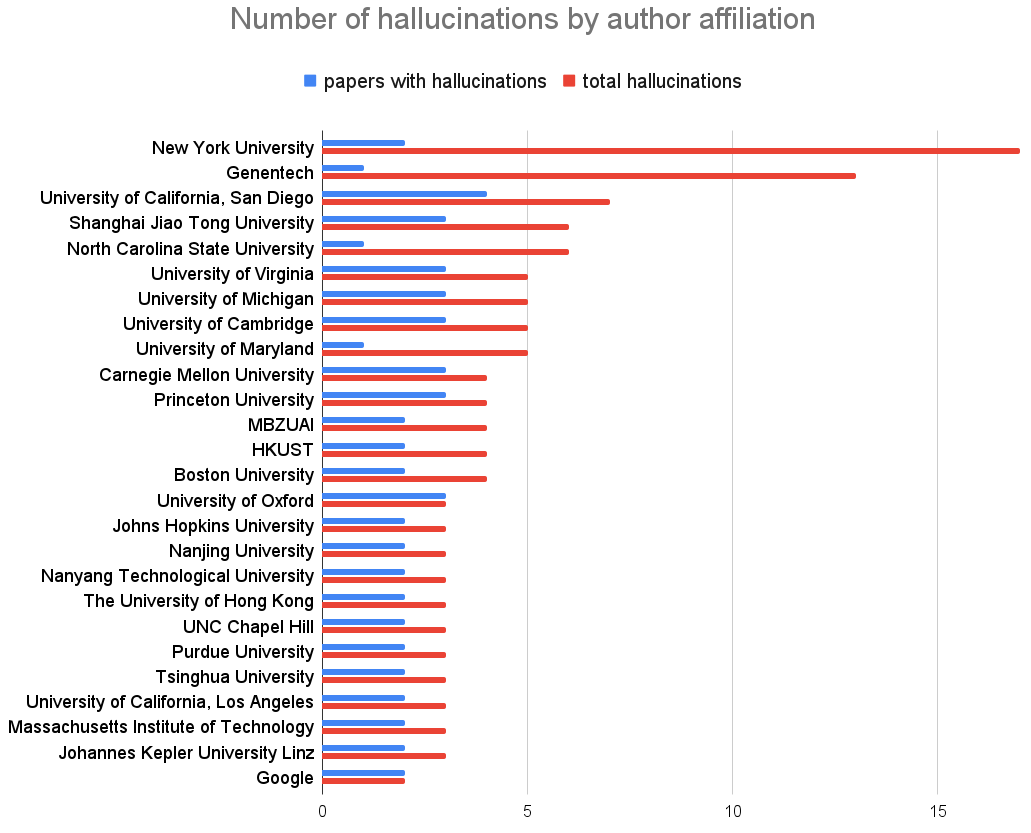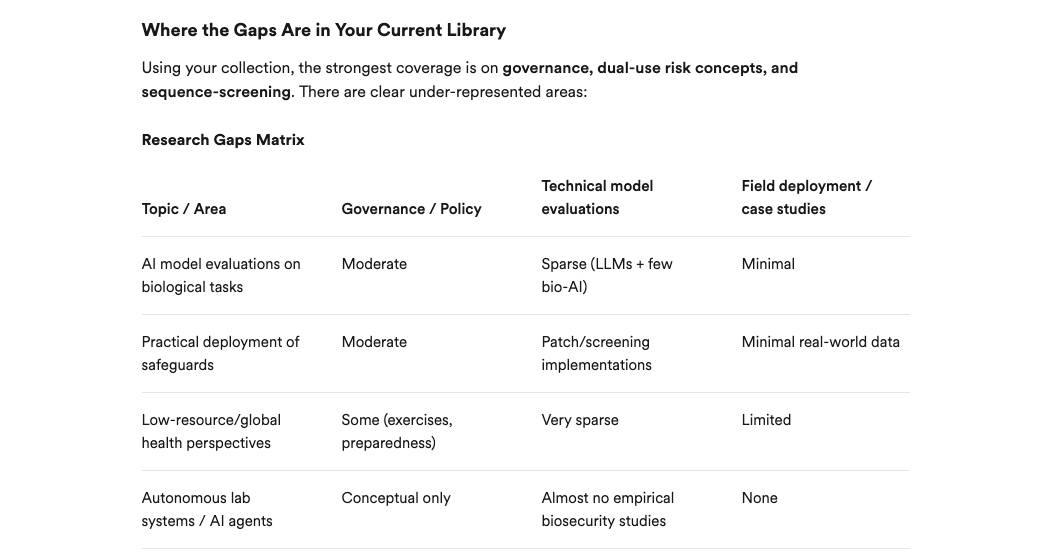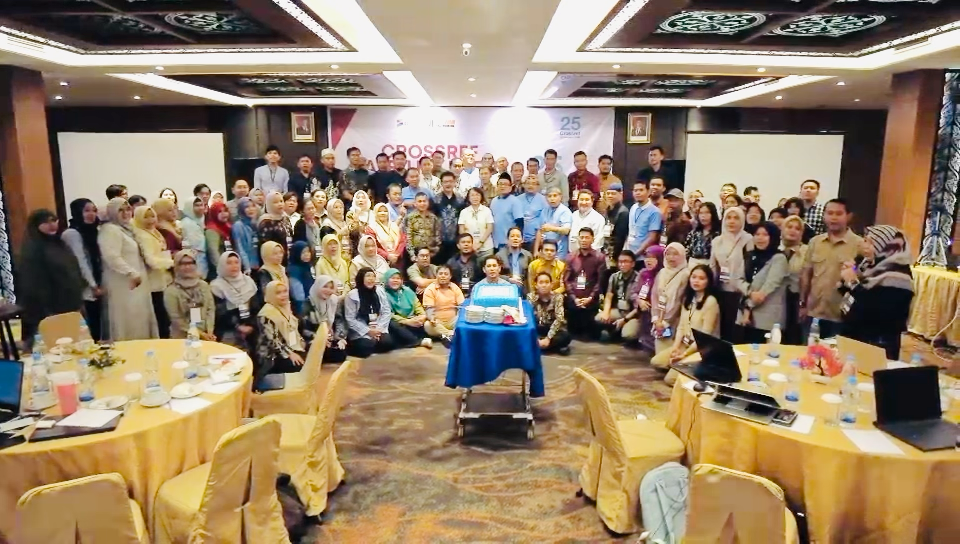
Global Biodiversity Framework, Colossal+Conservation, DARPA GUARDIAN, NTI on AIxBio, NeurIPS hallucitations, Claude in Excel, AI@UVA, Amodei essay, R updates (R Weekly, R Data Scientist), papers.

Global Biodiversity Framework, Colossal+Conservation, DARPA GUARDIAN, NTI on AIxBio, NeurIPS hallucitations, Claude in Excel, AI@UVA, Amodei essay, R updates (R Weekly, R Data Scientist), papers.

One of the students in my Social Science Literacy class asked: how can I tell if a published article is peer reviewed? The student assumed that a having gone through peer review indicates research quality. The student is not alone. Many people think that ‘peer reviewed’ means that the quality is good.

Bibliothekskataloge sind für die Forschung unverzichtbare Werkzeuge. Doch ihre Qualität hängt maßgeblich davon ab, wie gut die Bestände inhaltlich erschlossen sind. Hier setzt das Praxisprojekt an, das in Kooperation mit der Bibliothek des Instituts für die Geschichte der deutschen Juden (IGdJ) in Hamburg durchgeführt wurde.

Es gibt sie bereits, die ersten Jubiläen. An der ETH Zürich freut man sich über 15 Jahre e-rara, in München beeindruckt das Digitalisierungszentrum (MDZ) mit seinen nahezu 30 Jahren. Ist Retrodigitalisierung in Bibliotheken also längst eine Selbstverständlichkeit? In der Realität kleinerer Einrichtungen nicht unbedingt.

Sync your Zotero library to Consensus AI to ask questions about papers you've saved, and find and fill in gaps in your collections.

Applications are now open for the 2026 DataCite Board Elections. As a member-governed organization, DataCite’s strength comes from its active and engaged global membership, with the Board playing a key role in shaping our strategic direction.

The Rogue Scholar science blog archive has improved the subject classification of blog posts, using an open approach to subject classification developed by CWTS and OpenAlex, and combining this with the widely used OECD Fields of Science.
In 200 Jahren Geschichte der Fotografie hat sich im Urheberrecht viel verändert. Das galt damals und heute für den Schutzt von Fotos. Acht Stunden lang dauerte die Aufnahme des ersten, noch erhaltenen Fotos der Welt. Aufgenommen von Joseph Niépce um 1826, aus seinem Arbeitszimmer hinaus, zeigt es den Innenhof seines Apartments.
Dear rOpenSci friends, it’s time for our monthly news roundup! You can read this post on our blog. Now let’s dive into the activity at and around rOpenSci! 🔗rOpenSci HQ 🔗Open call for the rOpenSci Champions Program 2026! We are pleased to announce the opening of a new call for applications for the rOpenSci Champions Program in Spanish , which will begin in 2026.

Madelaine Hare, Naomi Richards, and Emily Mazure This retrospective by Madelaine Hare, Naomi Richards, and Emily Mazure overviews the past ten years of The Bibliomagician from its establishment to a trusted source of practical comment and guidance for bibliometric practitioners across the globe.

Click here for the translation in Bahasa Indonesia As Crossref celebrated its 25th anniversary last year, we are highlighting some of the most active and engaged regions in our global community. Over the past 25 years, the makeup of Crossref membership has evolved significantly;